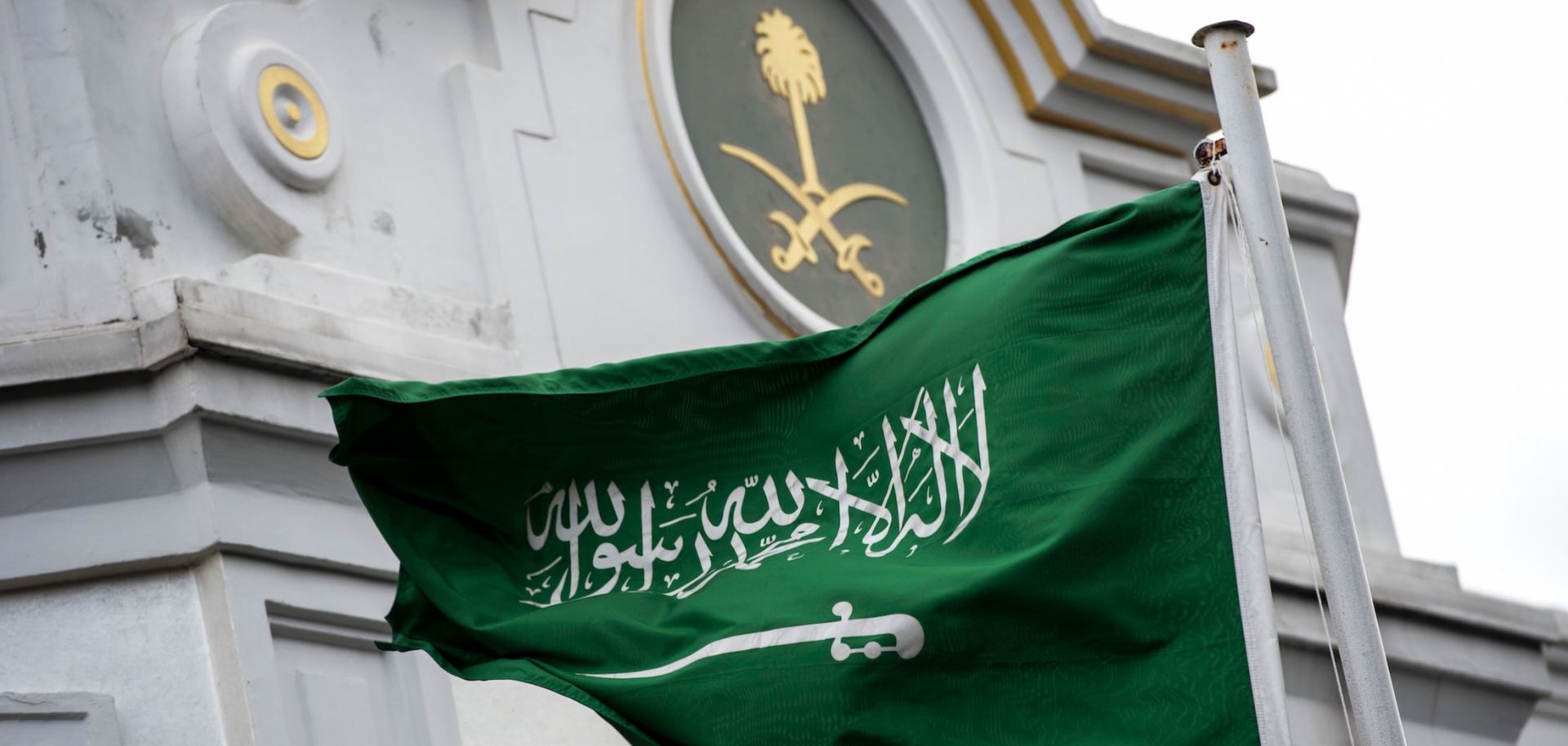ASSESSMENTS
Riyadh out to Make Fewer Foreign Policy Waves in 2019
Dec 18, 2018 | 17:05 GMT

A Saudi flag flies in front of Riyadh's consulate in Istanbul on Oct. 13. After a turbulent couple of years, Saudi Arabia might tone down the assertiveness in its foreign policy in 2019.
(YASIN AKGUL/AFP/Getty Images)
Highlights
- After striving to decrease the level of assertiveness in its foreign policy in the second half of 2018, Saudi Arabia will continue to make efforts to ease tensions on the world stage in 2019.
- Because Iran will remain Riyadh's biggest foreign policy concern in 2019, Saudi Arabia will work to oppose Tehran wherever possible, such as by fostering deeper — even if unacknowledged — ties with Israel.
- Riyadh will also pursue closer ties with Moscow, both to set a direction for global oil production and to grow closer to a major actor in the Middle East.
Subscribe Now
SubscribeAlready have an account?
